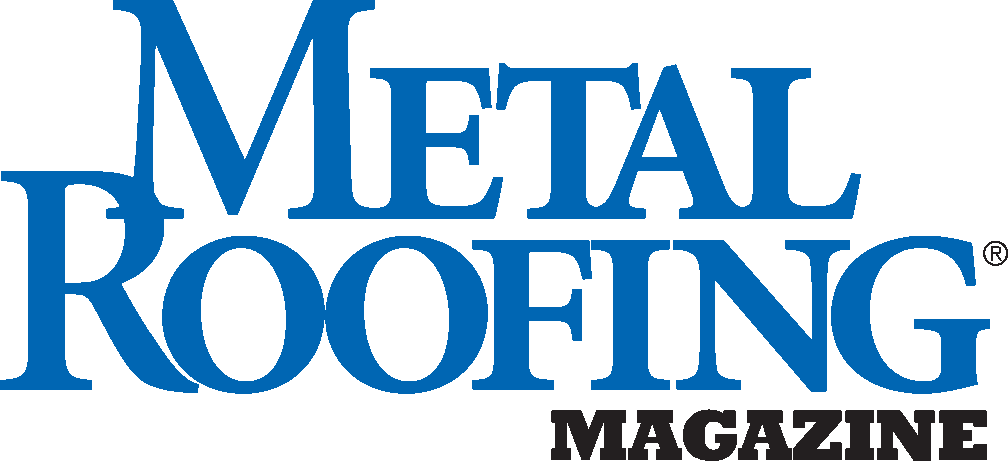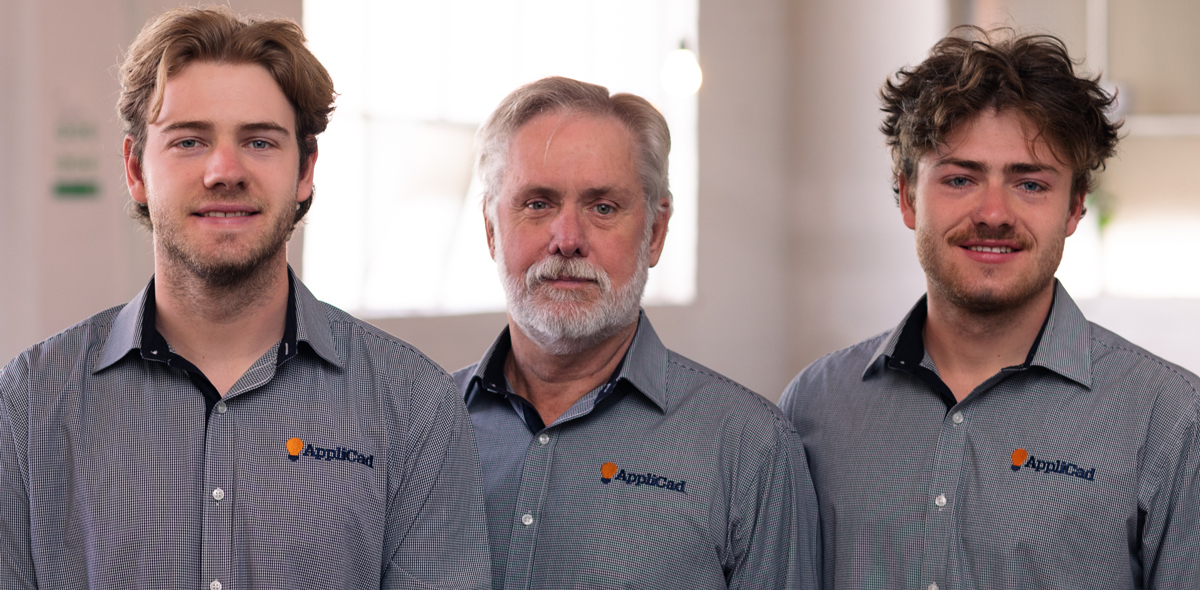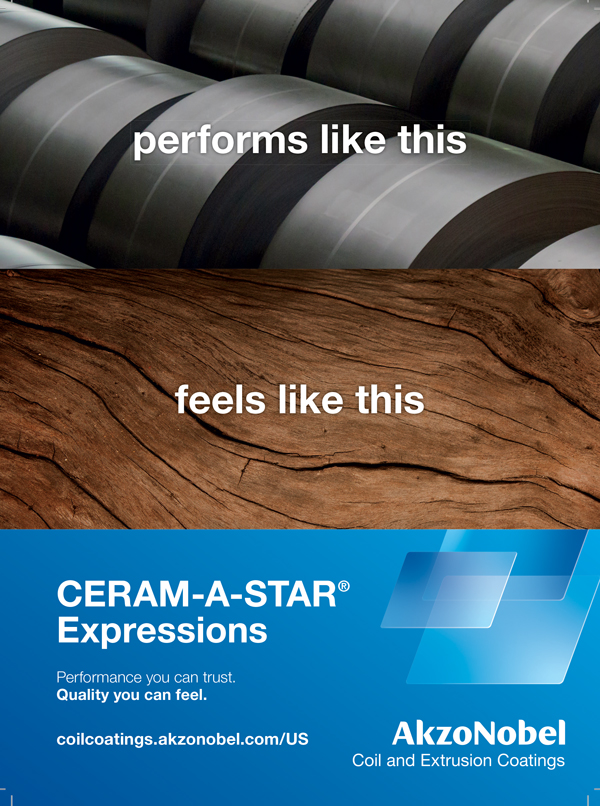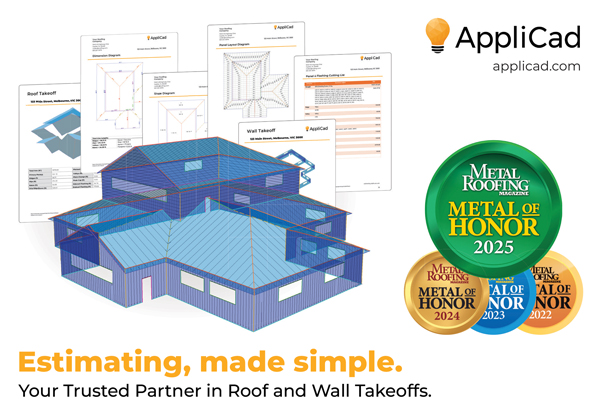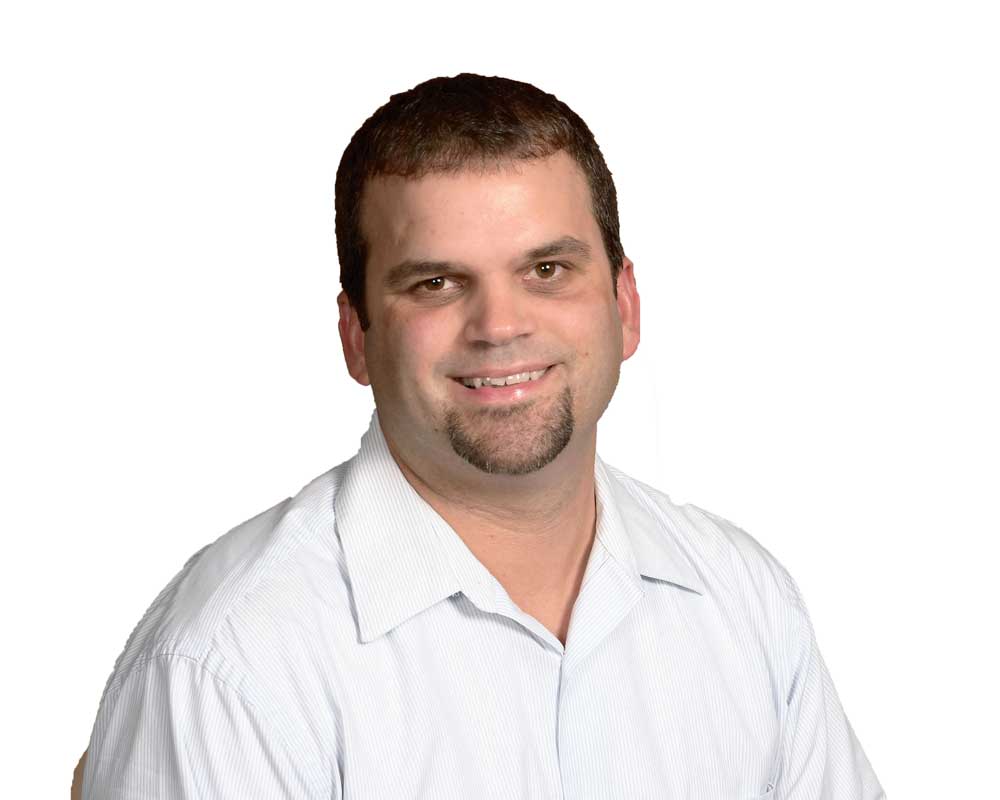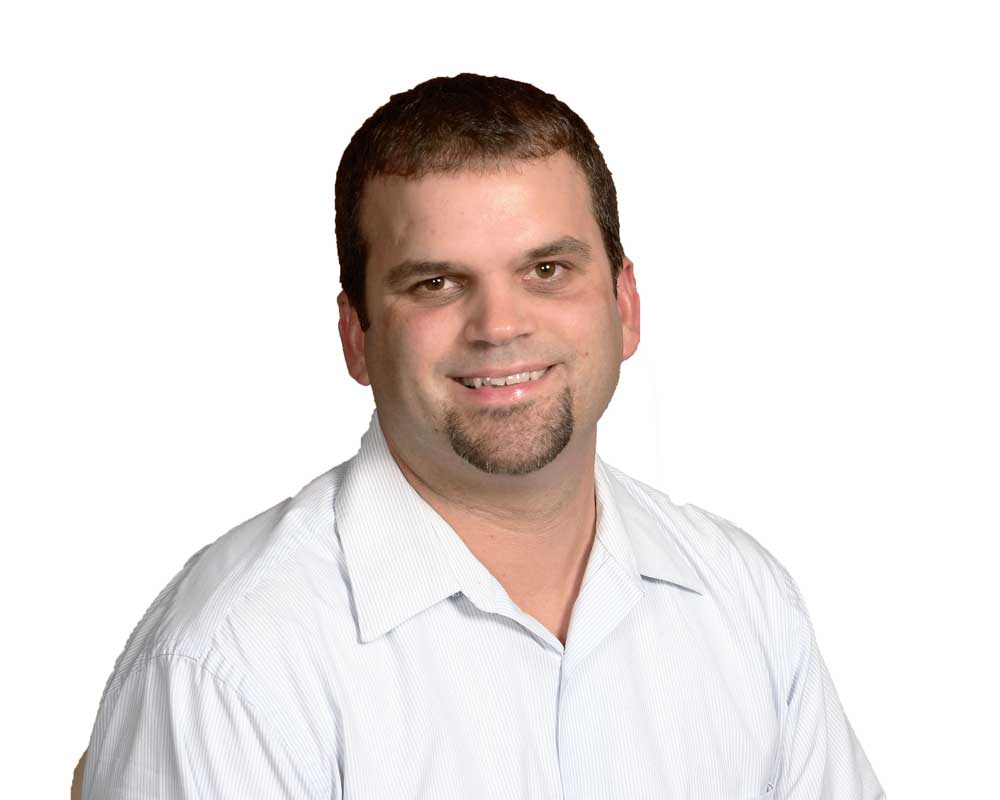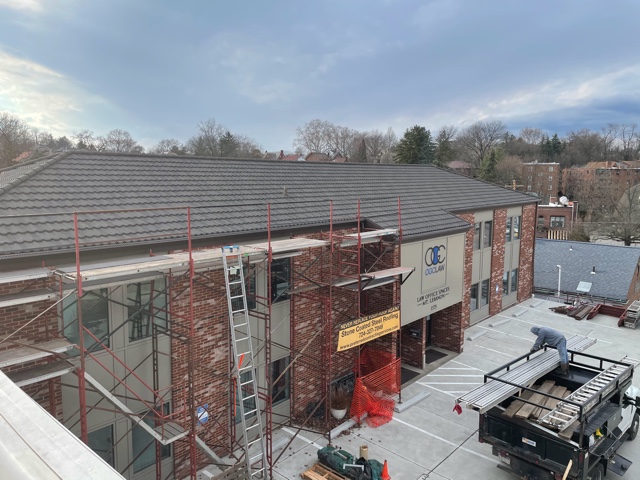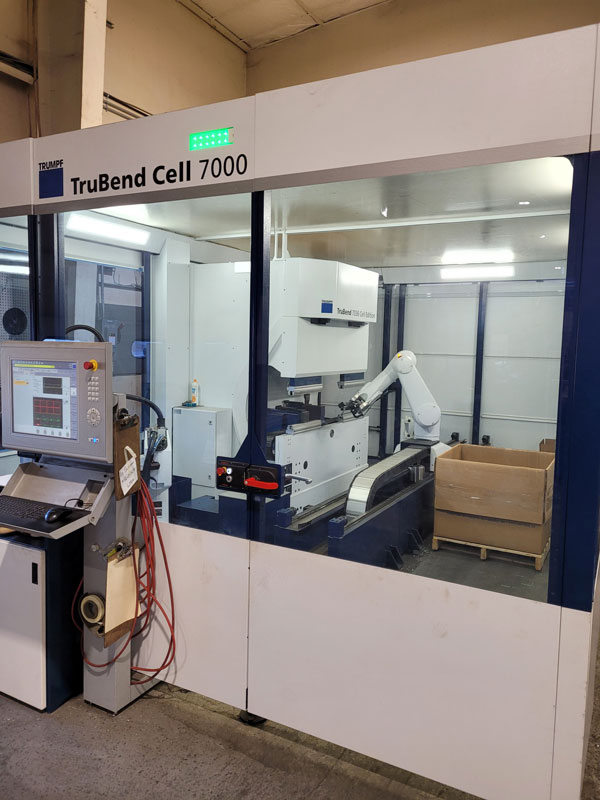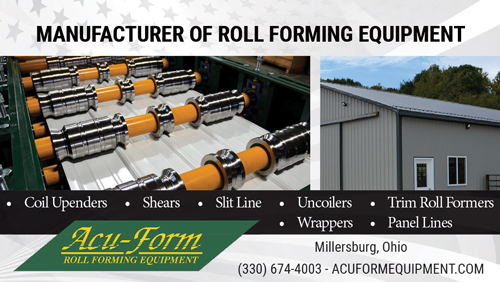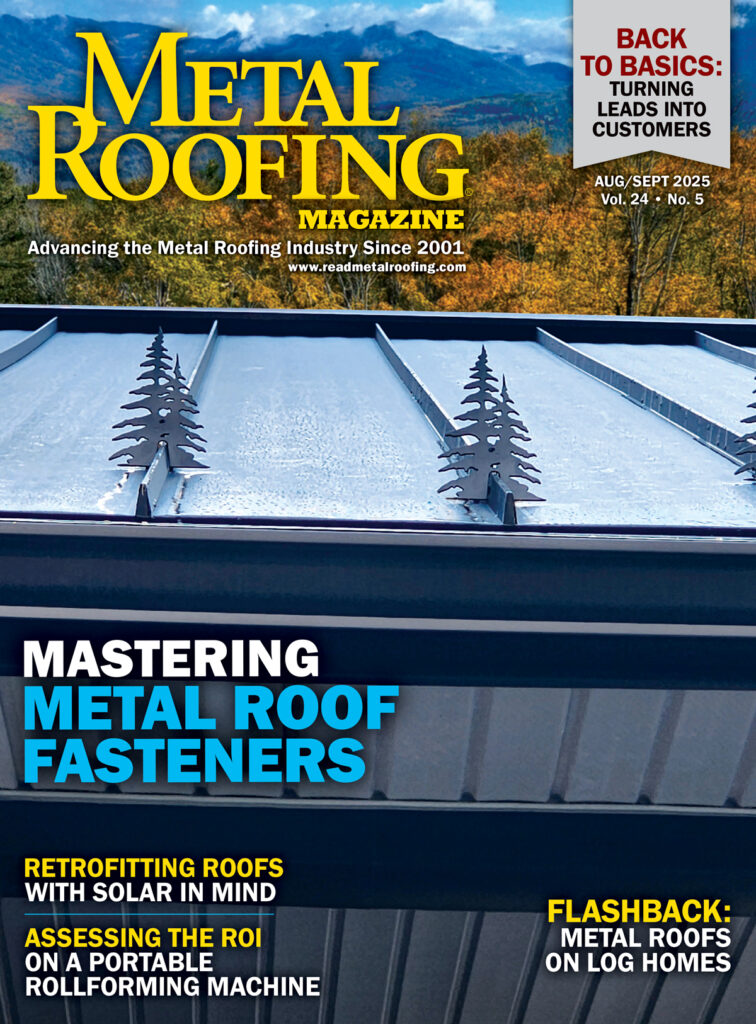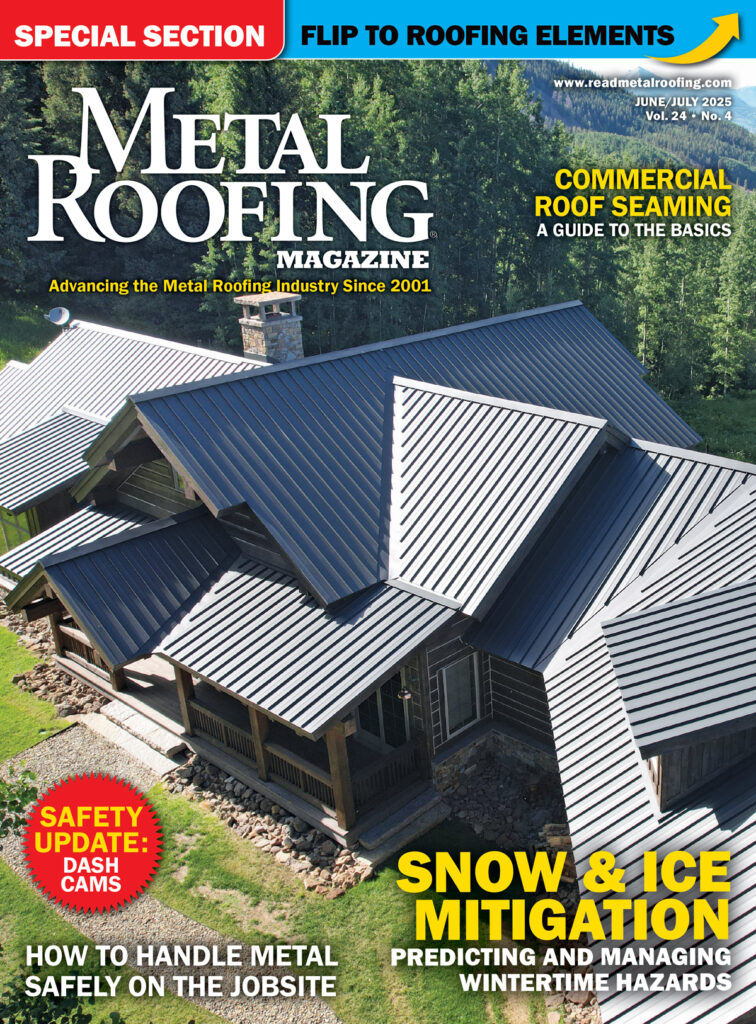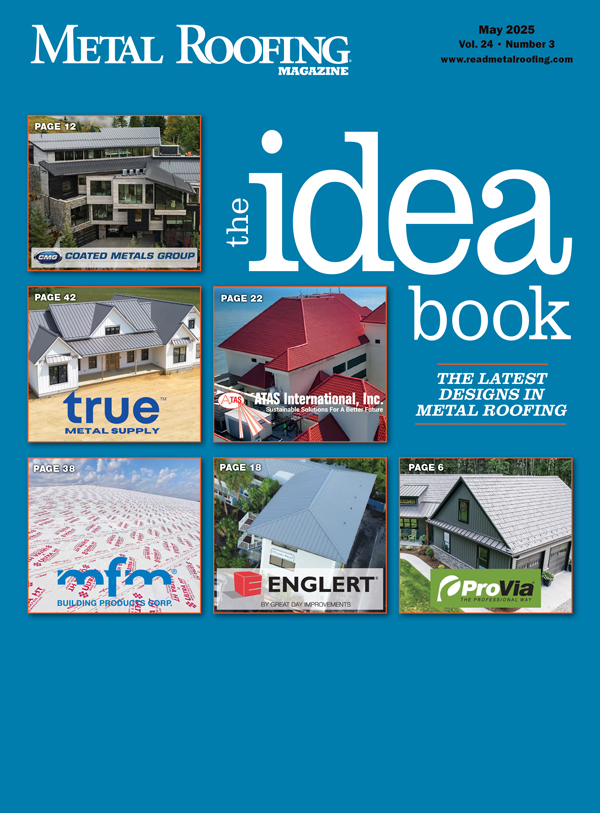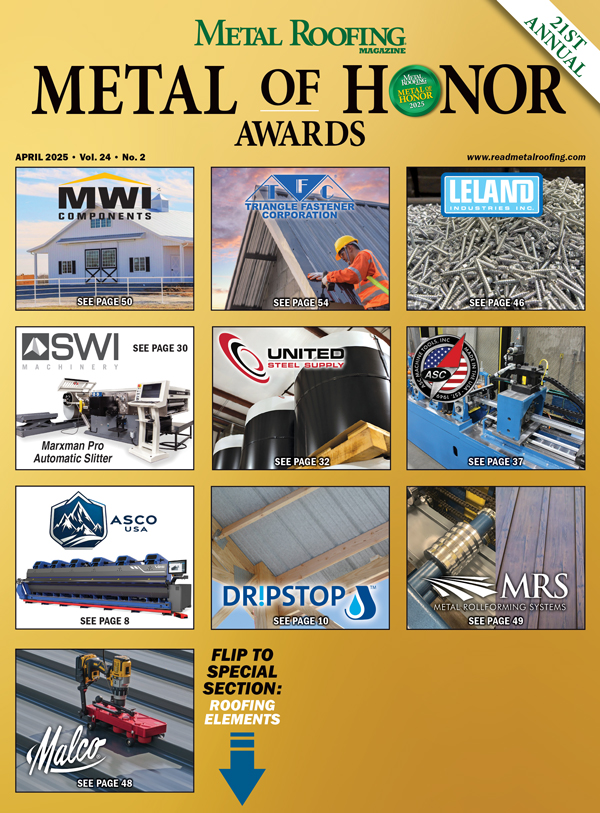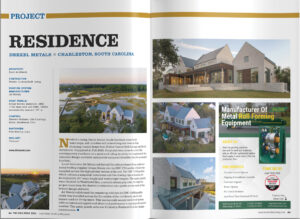By Linda Schmid
Ray Smith has had an interesting career. He has worked with computers since 1972, starting with the Telco Research Labs. He’s been involved in the industry ever since, and he’s seen the development of CAD (computer aided design). He became an independent contractor designing printed circuit boards using CAD, then he began selling CAD.
Eventually he developed a routine for roofing, and as far as he is aware, his is the first company to use a 3D modeling system in CAD. “Because you are working in 3D, it is easy to check the accuracy of the simulation,” Smith said. “Then every little detail will be accurate and your reports, your take-off, everything just falls into place.
When Smith showed this system to his first customer, the prospect’s response was: “If you can print the report you are showing me, I’ll buy 12 copies.” The customer soon discovered that, due to the efficiency the software created, he only needed two copies. That was 32 years ago. Now, Smith said, over 70% of Australia’s roofers use this software.
Challenges Along the Way
Every company has challenges, and one this company has run into is the difference in roofing terminology in various areas. For example, what Bostonians call a Dutch Gable is a Boston Hip in Florida. Sometimes the company finds themselves modifying software to accommodate roofers’ naming conventions.
When the COVID pandemic hit, people couldn’t go to trade shows, which interrupted their usual communication patterns requiring them to find other ways to stay in touch with their clients. Phone calls, emails, and Zoom meetings became more prevalent.
But by far, the biggest challenge, according to Smith, is one that he had early on and he still deals with today. Surprisingly, it’s not about getting the word out or getting people to give the software a chance. It’s a problem of education; people may see the benefits of the system, but they want to use shortcuts or set it up in their own way. Educating people about why they should set up the system a certain way is the same challenge he had at his first METALCON 28 years ago Smith said.
“If people let us help them, we can improve their quality, efficiency, and the level at which they can compete,” Smith said.
He tries to help prospective customers to understand that if they try to set up the system their own way, they are unlikely to get the results they are looking for. In an attempt to prevent buyers’ remorse, Smith prequalifies companies for the system, trying to help them understand that setting up the system will take time, but once it is up and running, their efficiency will more than make up for it.
“People need to plan for the different ways their employees learn, and they need to plan for the implementation of the system, the immediate costs, as well as the future benefits to productivity.”
Impacts
Smith said that even today he occasionally runs into roofers who haven’t seen “a proper estimating tool” and they are simply astounded when they see what AppliCad can do, especially when it inputs the cutoff list into the roll former. The software works to reduce waste, taking it from 10% to 1% or 2%. Making these kinds of impacts on a customer’s business is what drives Smith and his team, keeping them excited about their work.
In order to make that kind of impact you need to find a better way to do something, and proceed to do it. The only way to accomplish that is to ask a lot of questions, Smith said.
“I believe that I am going to be a computer expert someday,” he said. “It’s been fifty-two years, but if I just keep asking questions I’ll get there.”
When you stop asking questions, Smith said, that’s when you’ve lost.
Lessons Learned
Not only is it important to ask questions, according to Smith it’s also important to listen. “I’ve always been willing to listen to people who are smarter than me,” he said. “I’ve always stopped to consider any criticism proffered.”
Smith has also recognized that it is important to keep doing what you are doing, and helping people, but take care not to give away all your secrets. If you do that, you may be creating new competitors who will take shortcuts and undercut your prices. Then when people go with a cheap simulation and it doesn’t work out, they mistrust everyone in the industry.
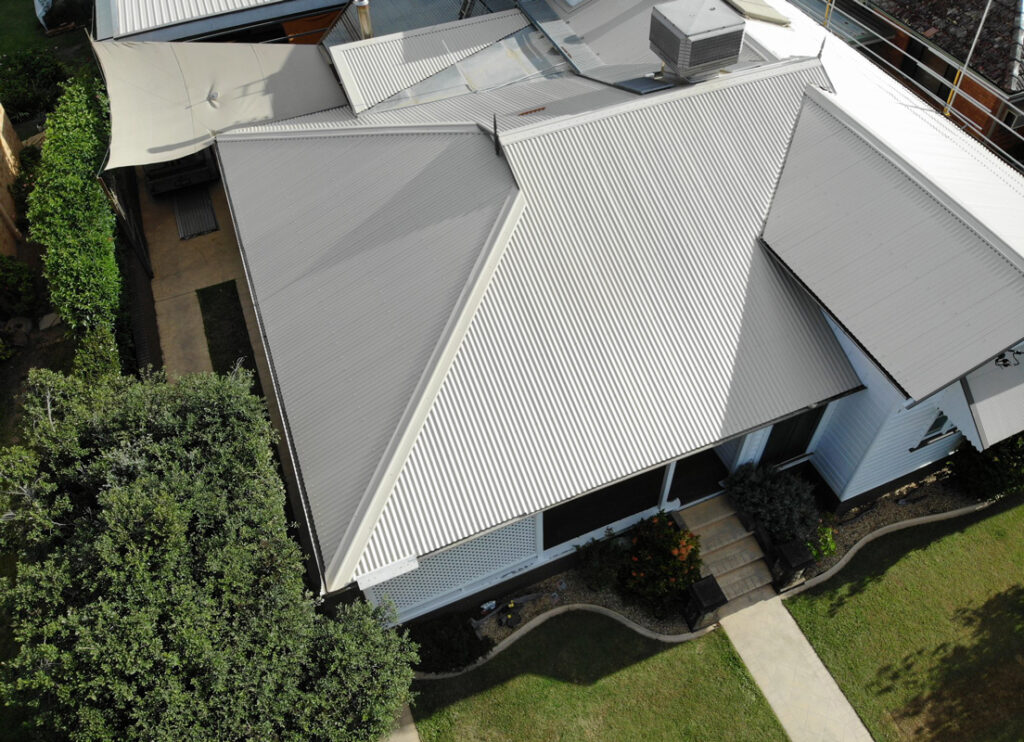
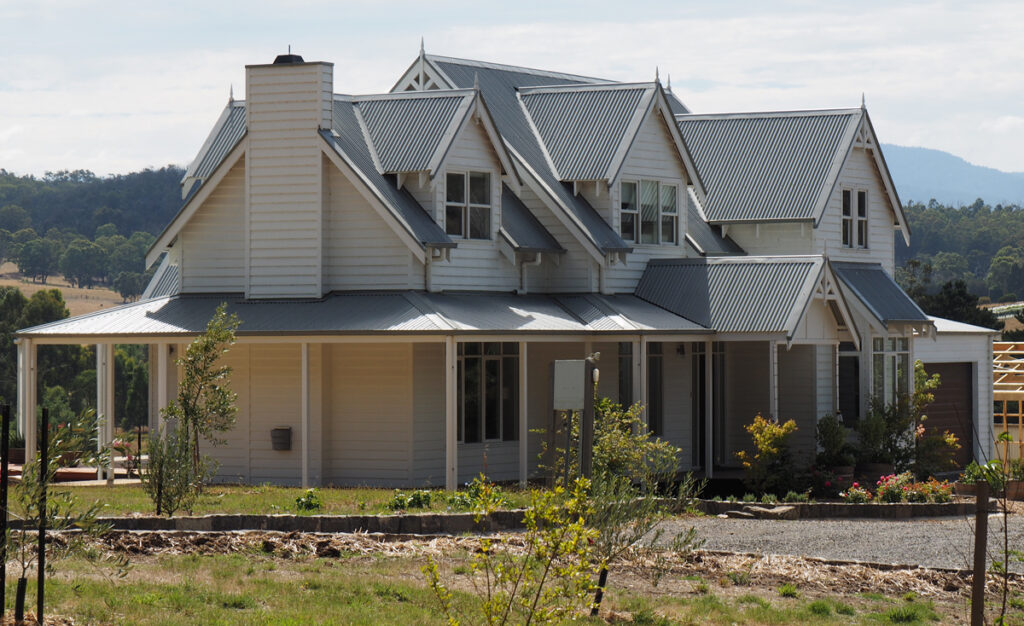

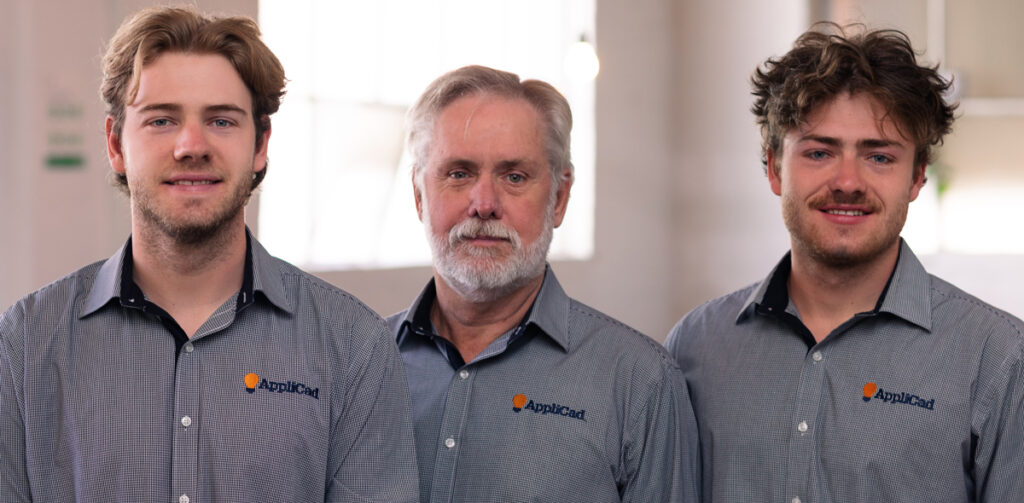
Ray Smith, center, Daniel and Nick Smith
Culture
Smith describes the company culture as friendly and accommodating with a weird sense of humor thrown in.
“Work should be fun,” Smith said. “If people aren’t having fun, they’ll look for something else,” he added, “so it’s important to maintain your sense of humor.”
Smith believes that technological challenge is important to young people, and making a difference in others’ lives is a great feeling for everyone, but is especially important to the younger generations. This is how the company attracts and retains great employees, Smith said.
He encourages employers in the industry to look for people who are detail oriented and willing to read and learn.
Customer Service
The company is customer-centric; everything is about the customer. However, Smith said that he does not subscribe to the old adage that the customer is always right. He will sometimes tell them, respectfully, that there may be a better way to do what they do.
When they make a customization to conform to a company’s way of doing things, they don’t just alter the program for that company. Instead, they build options into the software which anyone can use if they take the time to figure it out. “When we update software, everybody gets the update,” he said.
Half of the company’s customers are manufacturers and half are contractors. AppliCad can be used with any roofing material.
The company is completely remote since COVID. They were at home working for 8-10 months and they found that it worked out fine; they can help people from anywhere. That was when Smith let the lease go and the company’s headquarters became a P.O. Box.
In the Future
Smith hopes to see more roofers who are receptive to new ideas, and he believes that builders and roofers should be required to prove their competency and become licensed.
As for AppliCad, Smith’s two sons, Nick and Daniel, are the future; they are taking on more responsibility and preparing to take the lead. The company is looking to expand into adjacent industries, projects they are not ready to reveal. They are always looking for more ways to help people improve their businesses through technology, and Smith said the future looks bright. MR

